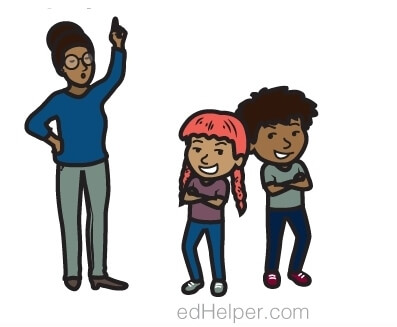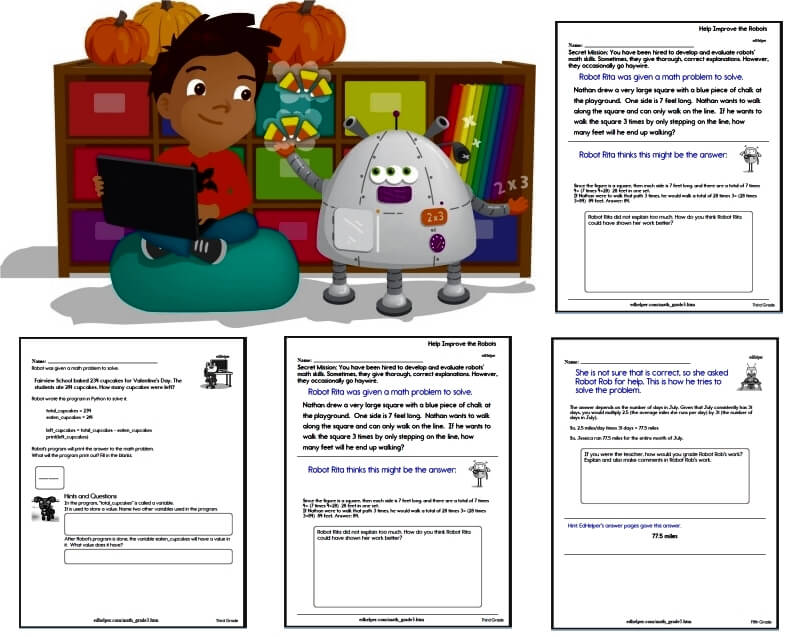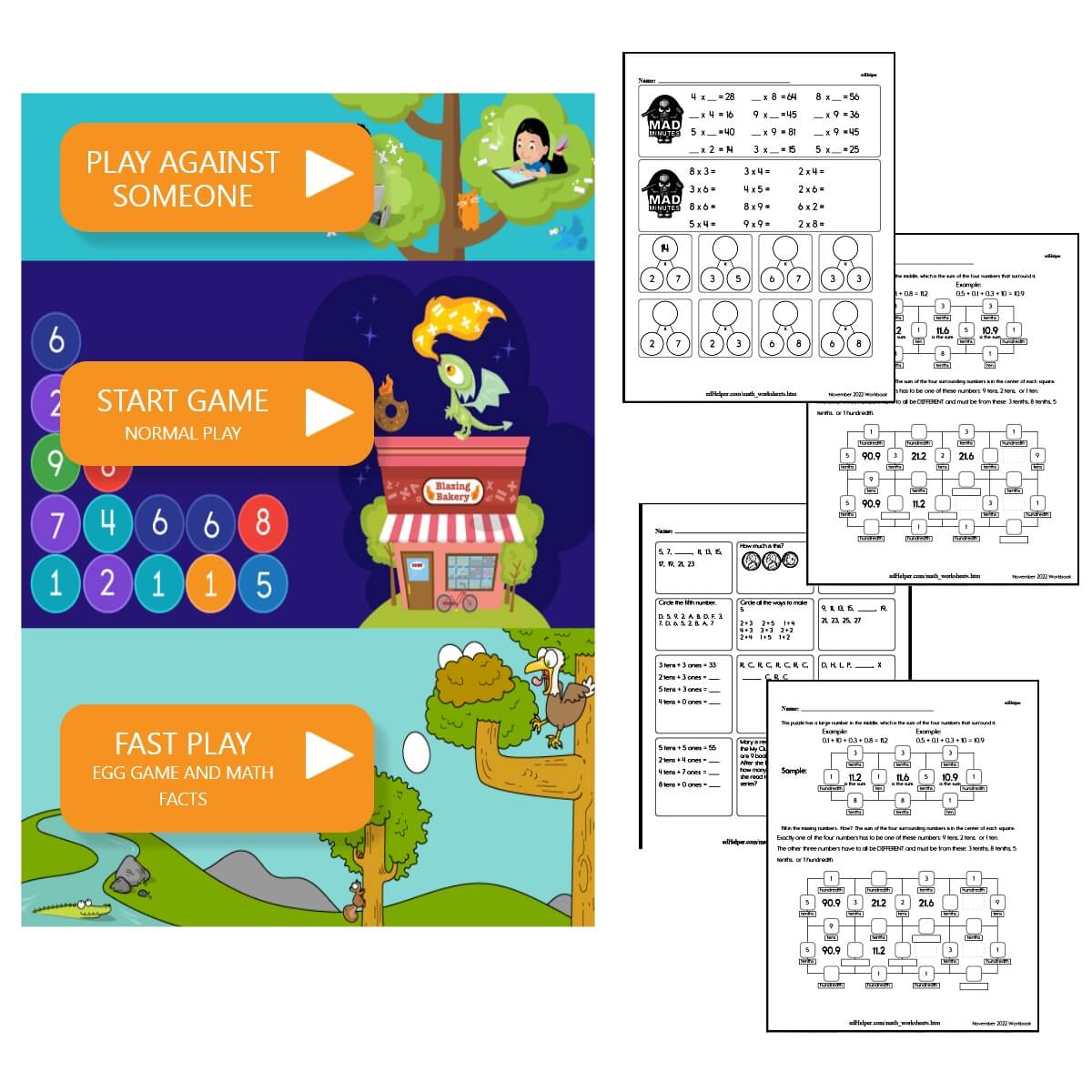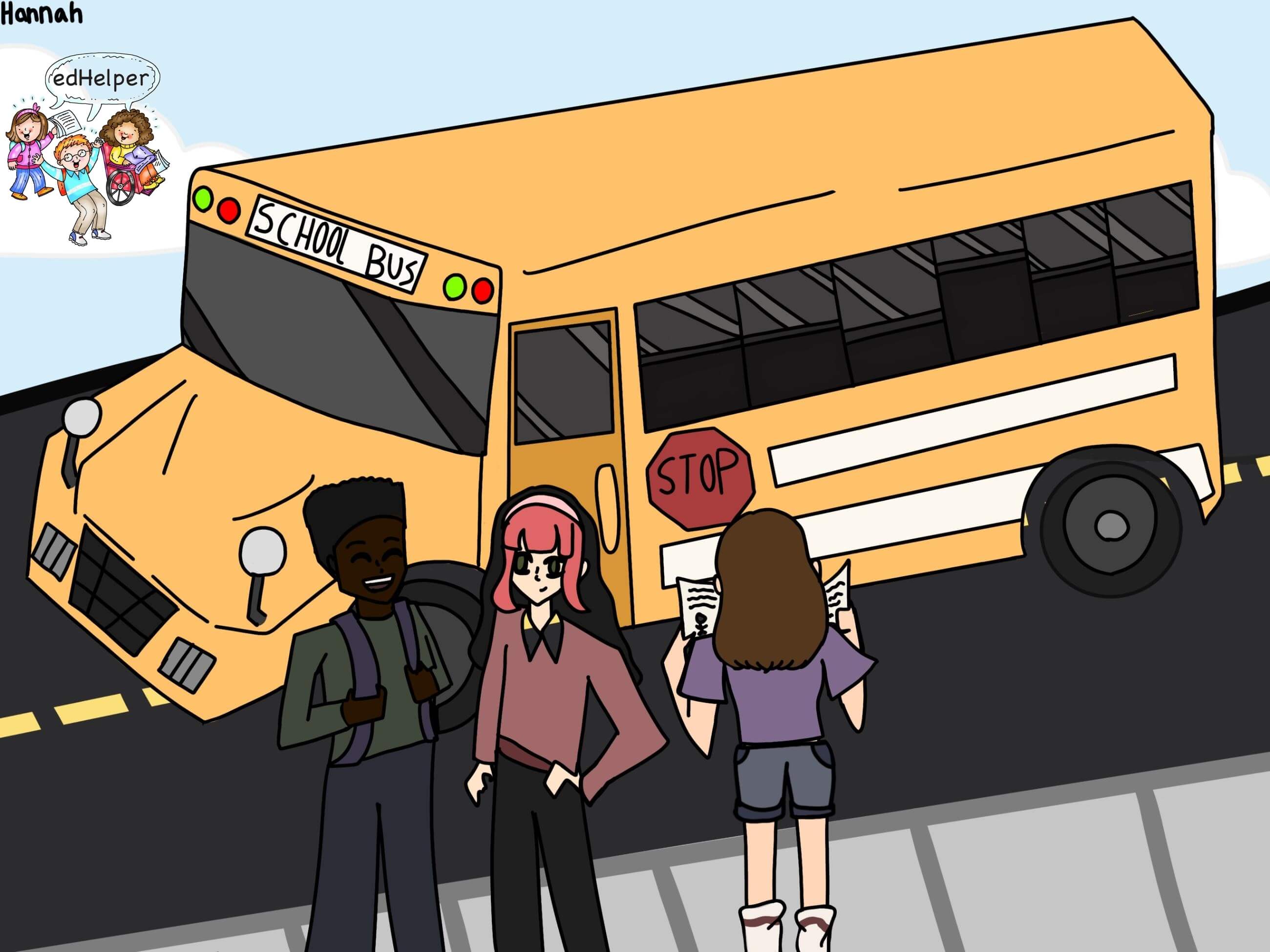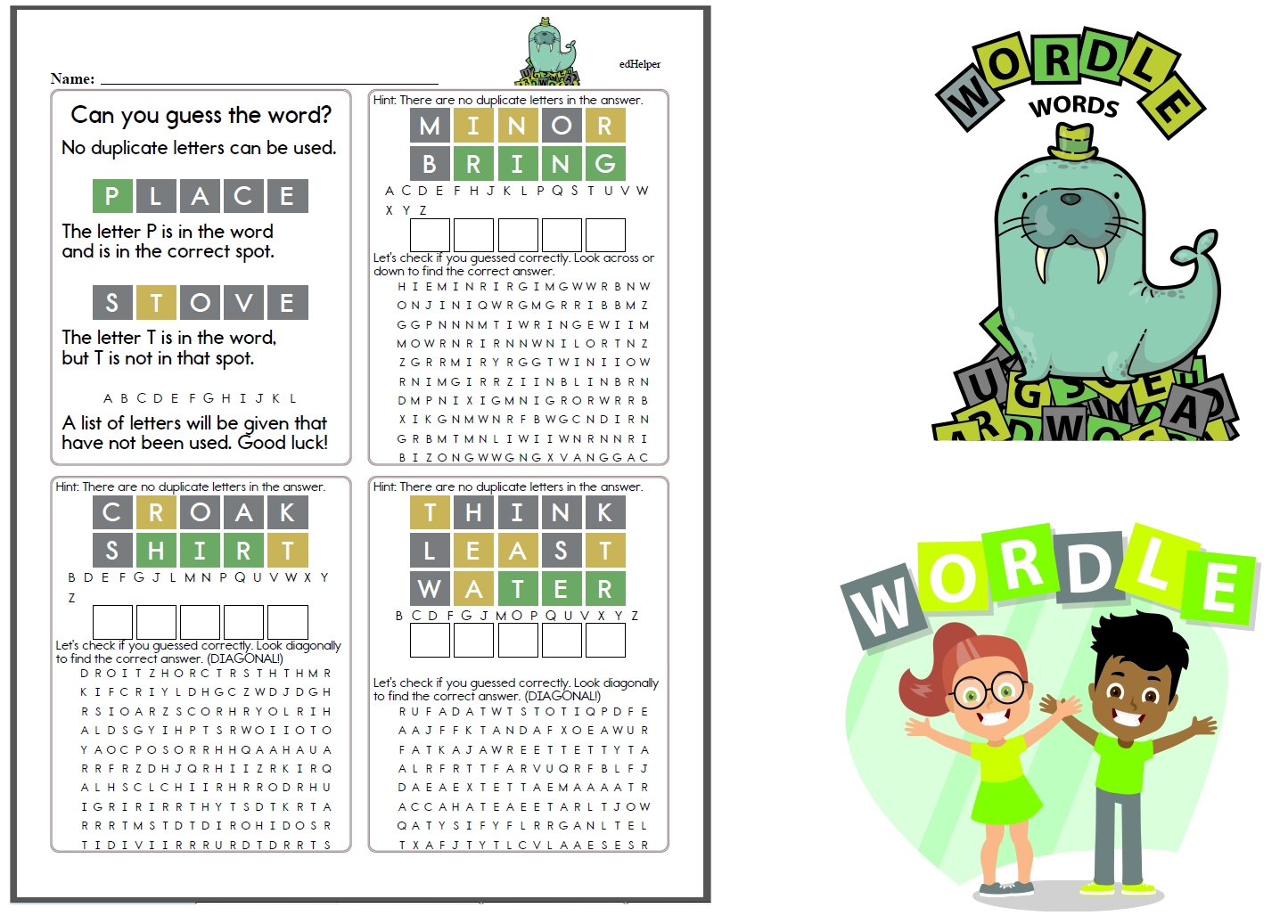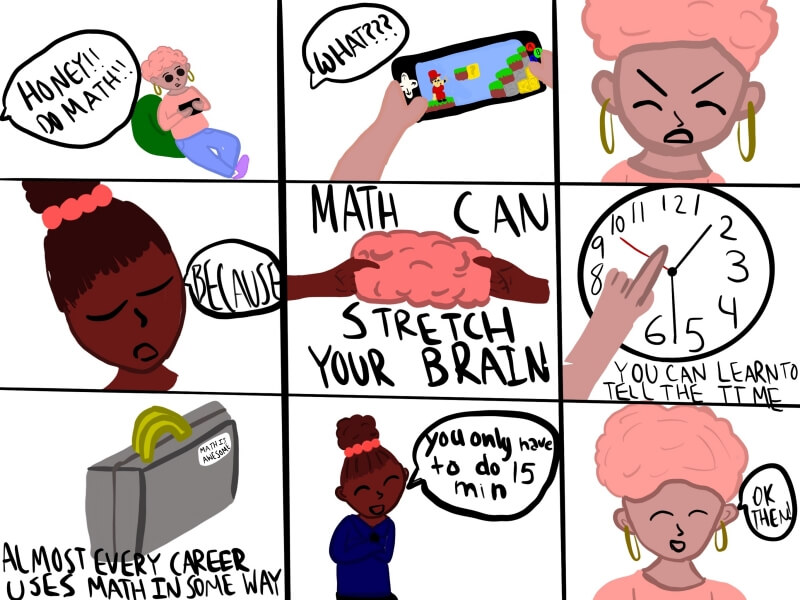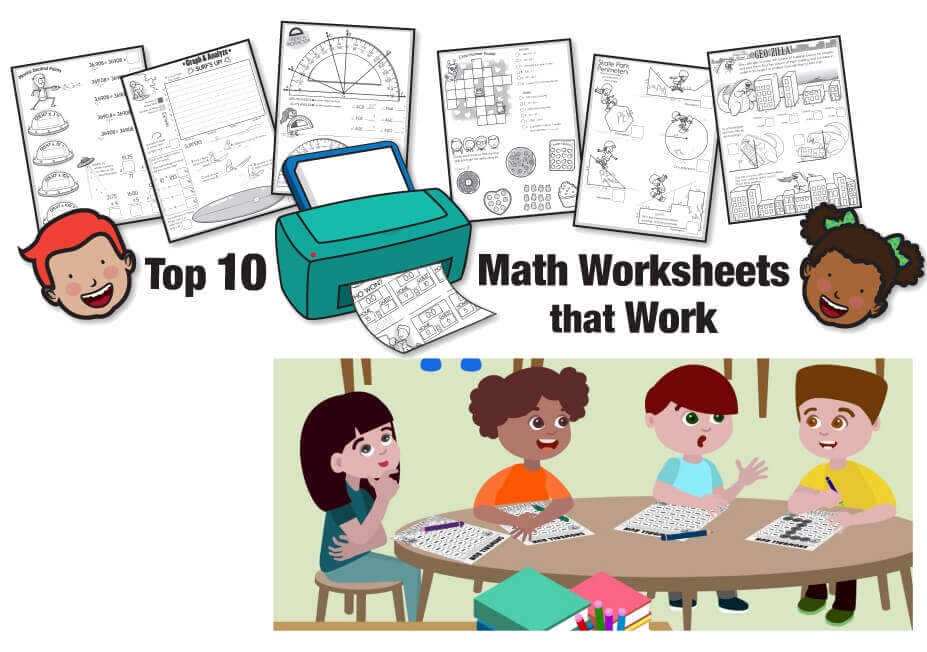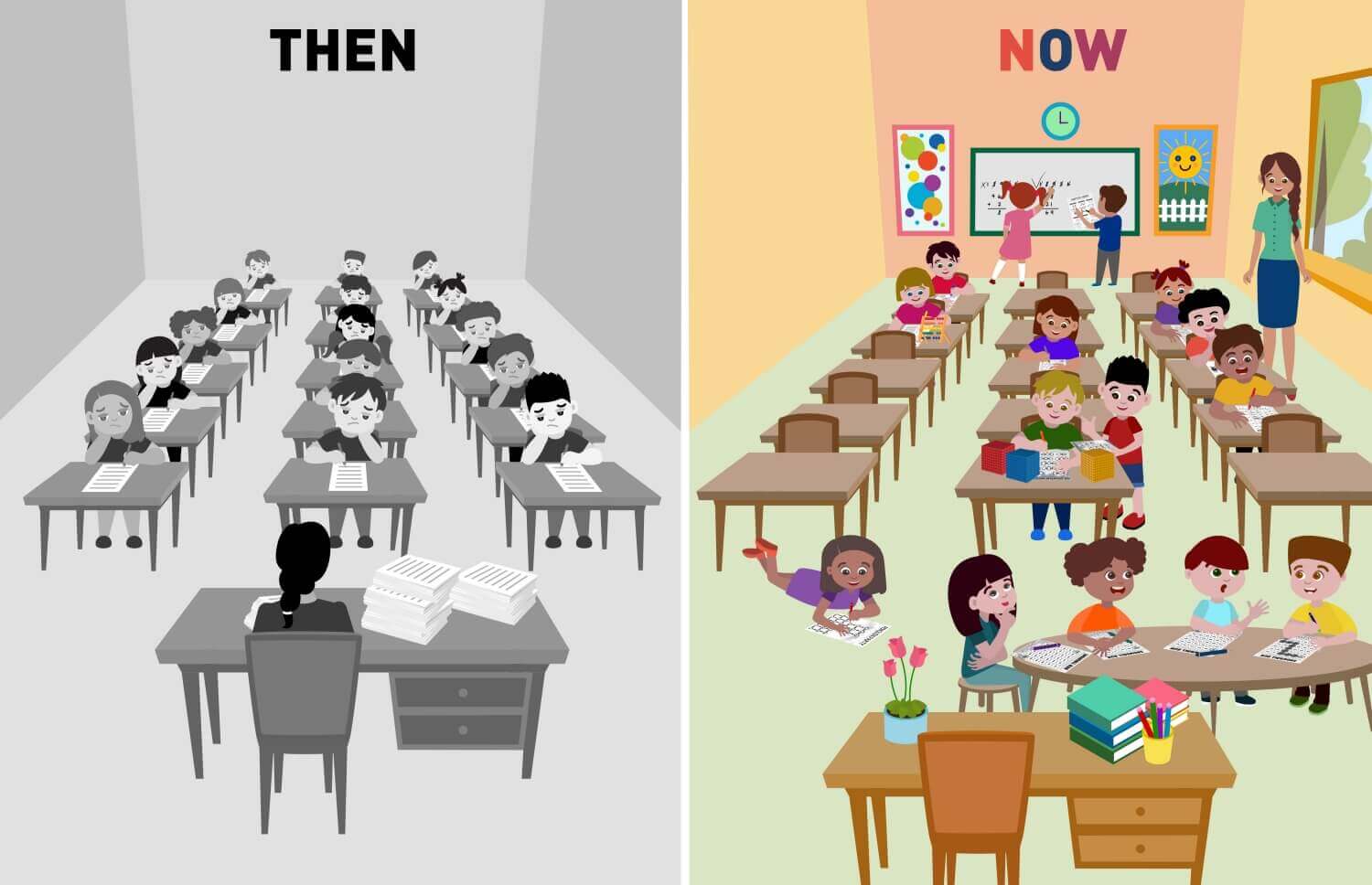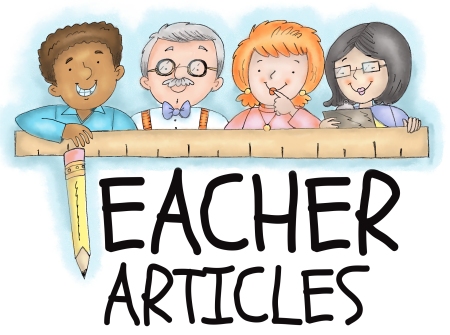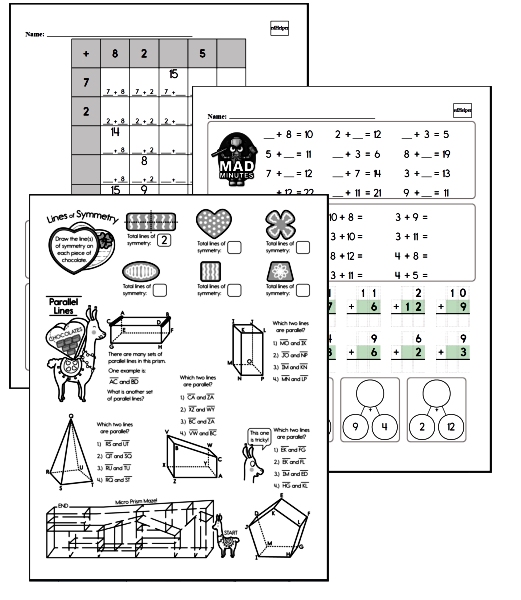Say What? How Purposeful Praise Can Help Your Students Feel Pride and Take Ownership of Their Learning.
It's safe to assume that everyone enjoys a pat on the back-at least a figurative one. A "Well done!" or "Bravo!" feels good. Whether it's coming from a parent, a colleague, or a loved one, it feels nice to be acknowledged and have our efforts complimented.
As an educator, you are particularly influential over the ever-growing minds in your classroom. There are several ways you can use purposeful praise to not only praise your students but also support them in taking ownership of their learning and accomplishments.
While any type of compliment or praise may be nice to hear, if you want your praise to motivate your students, then strive to have your feedback follow these tenets:
Sincere: When complimenting your students, it is crucial that the praise you offer is sincere. Younger students may not notice the difference, but as children age, they become aware of overly inflated compliments. Statements like "You are the greatest baseball player!" can inadvertently harm a student's self-esteem. Whether they can articulate it or not, this type of hype or praise can make a child believe that they must be "the greatest" at anything before their work or effort is valued. This, of course, is impossible.
Specific: Picture this: your students just finished working through a series of rigorous (but fun!) math review pages. Responding to their effort with "Great job," is nice. However, if you opted to say, "You did a great job working through that challenging math problem. I liked seeing the different strategies you tried before coming up with the correct answer," that would be much better! A specific compliment praises the student in a way that inspires them to continue the behavior being acknowledged. The next time they are faced with a tough problem in math or in life, students who've received these types of messages feel empowered. They know they've persevered before, and they can therefore do it again! Generic compliments don't necessarily help this way.
Focus on Effort, not Ability: "You are so good at math" may be a true statement for a particular student. But that type of compliment does not encourage a student to continue (or begin) giving their best effort in math. Rather, praise the diligence they are using in completing a task, the thoughtful way they double-checked answers before turning in the test, or the neat handwriting they used when completing each problem. These types of compliments, all of which are focusing on an area that the student can control, will help your student see that their effort is what is moving them forward in a particular subject. Their effort is making a difference! Praise that focuses on effort also provides an opportunity for everyone to feel valued. No matter where a student starts their educational journey, you can praise the effort they are making as they progress.
Unattached to Future Expectations: Have you ever received a back-handed compliment? It's almost as if the intent was there, but somehow after someone delivered it, you're left scratching your head and wondering if what they said was meant as a compliment or a bit of an insult. Sometimes, as educators, we do this accidentally. When we attach a compliment for a current accomplishment to future expectations, it can be hard for our students to soak in the praise. For example, while complimenting some writing, if I say, "That was the best essay you've ever written! I can't wait to see you write like this all the time from now on," it makes the student feel that now, they have an unattainable goal of always writing at that level. Double-check your compliments and make sure they aren't accidentally passive-aggressive. Stay present with your praise and allow students to internalize it and, therefore, become self-motivated to keep up the great work.
Once you've identified the type of praise that will be the most beneficial, it's time to let complimenting commence! Here are a few praiseworthy tips that may help:
Make a Plan and Keep a List: Like most things in life, specific and strategic plans often help us reach our goals more quickly and efficiently. The same is true when it comes to offering powerful and purposeful praise. Before class begins each day, decide how many students (or which specific students) you will target with intentional compliments. At the end of the day, be sure to record which students you highlighted. This will give you a visual record of which students need additional targeted attention and which students are receiving regular praise.
Focus your Attention: You may find it helpful to target your praise toward certain areas of desired student growth. Whether it's tenacity, growth mindset, fluency, effort, or overall academic achievement, if you opt to focus on one or two areas per class period or per week, you'll be amazed at how quickly you can spot those opportunities for complimenting your students.
As you plan to implement more effective praise in your classroom, don't forget to offer yourself praise as well! You are a stand-out educator. You want the best for your students (why else would you be reading this article?). You are growing and changing every day! Not every lesson will result in thirty-plus nodding heads and "light bulb" moments. That is OK! There is growth in failure. You can learn from your experiences and try again tomorrow. Remember that you, just like your students, are worthy of that specific, effort-based acknowledgment. As you begin to dole out compliments, don't forget to give yourself some as well!

